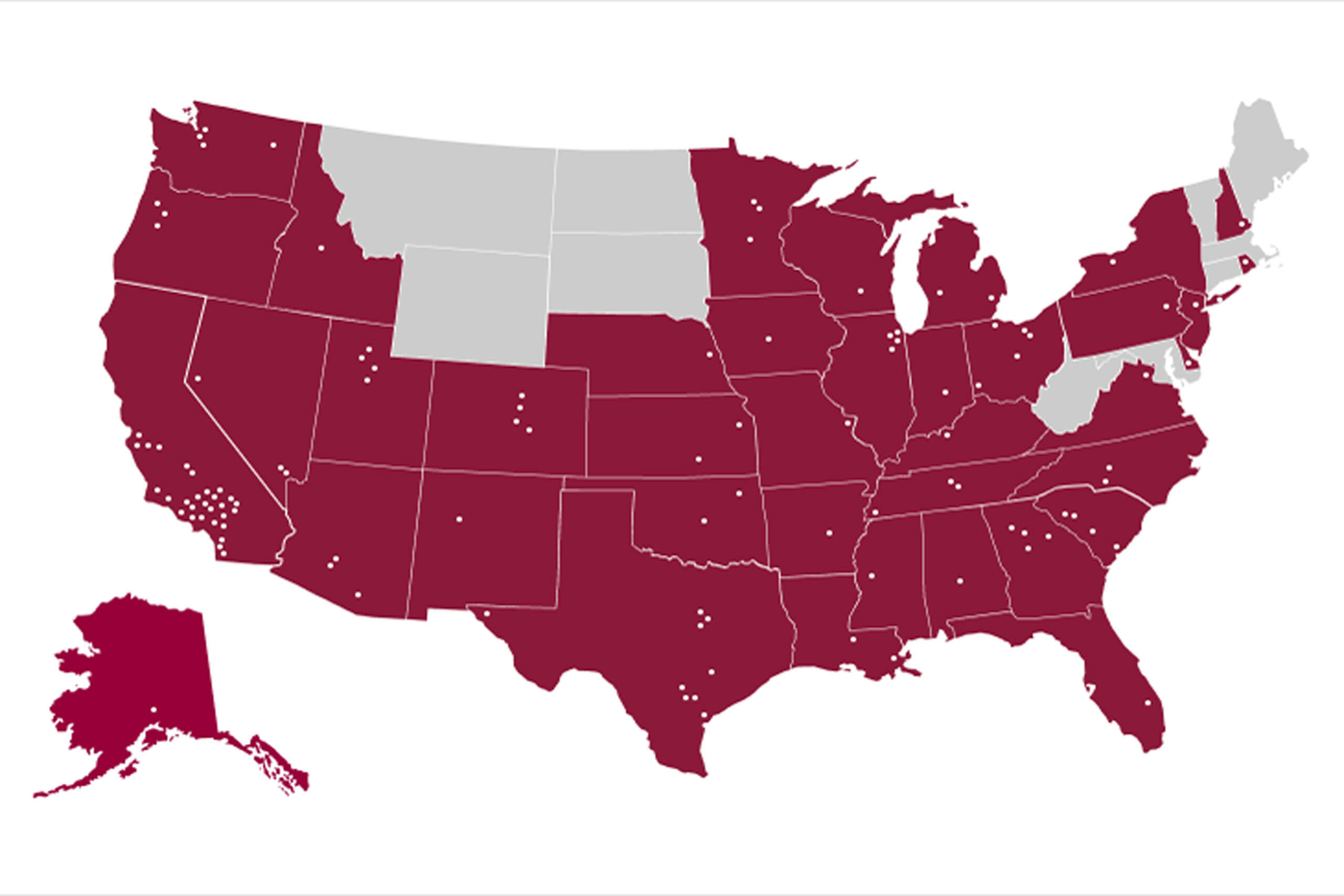
15 May Understanding Phlebotomy Certification Requirements by State: A Comprehensive Guide from Phlebotomy USA
Embarking on a career as a phlebotomist is a rewarding choice, offering stability and the opportunity to make a significant impact in the healthcare industry. However, it’s essential to understand that phlebotomy certification requirements vary across states. At Phlebotomy USA, we are committed to providing you with the knowledge and training necessary to navigate these state-specific regulations and advance your career.
1. State-Specific Certification Requirements
Not all states mandate certification for phlebotomists. In states like Alabama, Alaska, and Texas, certification is not required by law. However, employers in these states may still prefer or require certification to ensure proficiency and professionalism.
Conversely, certain states have stringent certification and licensure requirements:
- California: Phlebotomists must obtain a Certified Phlebotomy Technician I (CPT I) license through the California Department of Public Health. This involves completing a state-approved course, performing a specified number of blood draws, and passing a national exam. (Phlebotomy Certification Requirements In California)
- Nevada: Phlebotomists are classified as medical laboratory personnel and must hold a medical laboratory personnel license.
- Louisiana: Phlebotomists are required to obtain a license from the Louisiana State Board of Medical Examiners, which includes submitting various documents and undergoing a background check.
2. Importance of National Certification
Even in states where certification is not mandated, obtaining national certification can enhance your employability and demonstrate your commitment to the profession. National certifications are recognized across state lines, providing flexibility if you decide to relocate or work in different regions.
Phlebotomy USA offers comprehensive training programs that prepare you for national certification exams, ensuring you meet the highest industry standards.
3. Training and Education Requirements
Regardless of state requirements, completing a formal training program is crucial. Phlebotomy training typically includes classroom instruction and hands-on clinical experience. Phlebotomy USA’s accredited programs are designed to equip you with the skills and knowledge necessary to excel in the field.
4. Renewal and Continuing Education
In states with certification requirements, maintaining your certification often involves completing continuing education courses and renewing your certification periodically. For instance, California requires phlebotomists to renew their certification every two years, which includes completing continuing education units. At Phlebotomy USA we honor our Student for Life Policy. Where you can return to the same class (free of charge) to sharpen or renew your skills.
Phlebotomy USA provides resources and guidance to help you stay compliant with state regulations and maintain your certification.
5. Navigating State Regulations
Understanding and complying with state-specific regulations can be complex. Phlebotomy USA is here to assist you in navigating these requirements, ensuring you meet all necessary criteria to pursue a successful career in phlebotomy. If you have questions on your specific state give Phlebotomy USA a call at (701)-404-9434.
Ready to Start Your Phlebotomy Career?
At Phlebotomy USA, we offer accredited training programs tailored to meet state-specific requirements, preparing you for national certification and a rewarding career in phlebotomy. Explore our program locations today and take the first step toward a fulfilling healthcare career.
